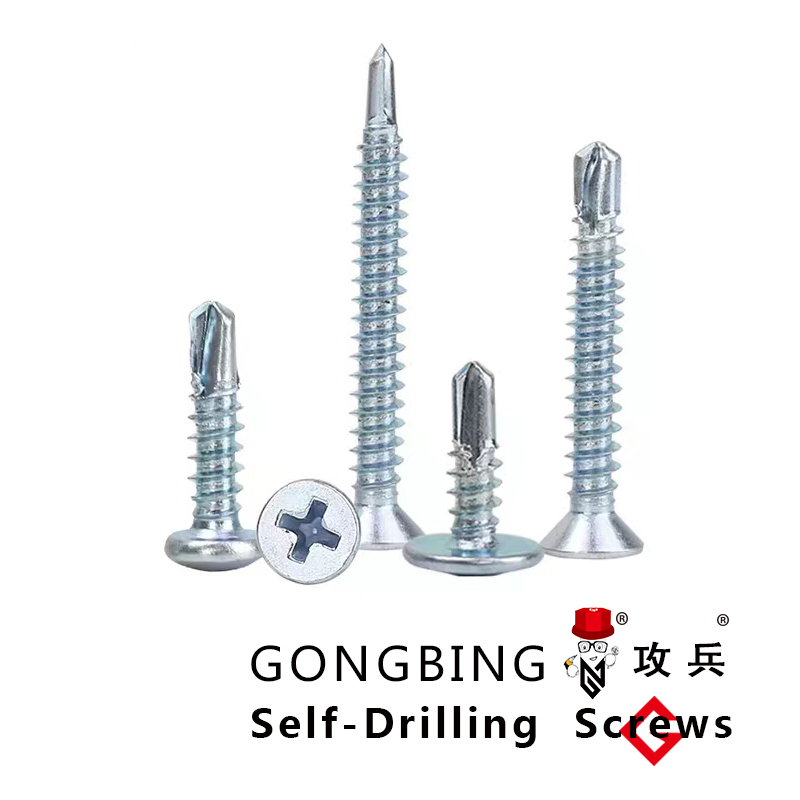Understanding the Properties and Applications of Chemical Epoxy Anchor Bolts in Construction and Engineering
The Role of Chemical Epoxy Anchor Bolts in Modern Construction
In the realm of construction and structural engineering, the importance of robust anchoring systems cannot be overstated. Among various anchoring solutions, chemical epoxy anchor bolts have gained popularity for their reliability, versatility, and efficiency. As construction projects continue to evolve in complexity and scale, understanding the characteristics and applications of chemical epoxy anchor bolts is essential for engineers and builders alike.
What Are Chemical Epoxy Anchor Bolts?
Chemical epoxy anchor bolts are a type of fastening system that utilizes a two-part epoxy resin to bond the anchor bolt to the substrate, typically concrete. This system consists of an anchor bolt, a cartridge of epoxy resin, and a mixing nozzle. When the resin is mixed and injected into a pre-drilled hole, it fills the voids and adheres to both the bolt and the surrounding material, creating a strong bond.
Advantages of Chemical Epoxy Anchor Bolts
One of the primary advantages of chemical epoxy anchor bolts is their exceptional load-bearing capacity. The chemical bond formed by the epoxy resin enhances the performance of the anchor, allowing it to withstand substantial tensile and shear loads. This makes them particularly advantageous in applications where heavy loads are expected, such as in the installation of machinery, structural supports, or seismic retrofitting.
Moreover, chemical epoxy anchor bolts are resistant to environmental factors, including moisture, chemicals, and temperature fluctuations. This makes them suitable for use in various settings, from industrial facilities and chemical plants to outdoor structures exposed to elements. Their durability contributes to the longevity of the installations, reducing the need for maintenance and replacement.
Applications in Construction
chemical epoxy anchor bolts

Chemical epoxy anchor bolts are widely used in a variety of construction applications. One common use is in concrete walls and slabs, where they provide a secure attachment point for structural elements. In addition, they are integral in anchoring heavy machinery, such as in factories and power plants, ensuring that equipment remains stable and securely fixed in place.
They are also prominent in the context of seismic design. In earthquake-prone areas, chemical epoxy anchors can enhance the structural integrity of buildings by providing additional support to critical connections, helping to prevent catastrophic failures during seismic events.
Installation Process
The installation of chemical epoxy anchor bolts requires careful preparation and execution. First, a hole is drilled into the concrete at the specified depth and diameter. The hole must be cleaned thoroughly to remove dust and debris, ensuring that the epoxy can bond effectively. Next, the epoxy is mixed according to the manufacturer's specifications and injected into the hole. The anchor bolt is then inserted, and excess epoxy may be removed from around the hole.
Proper curing of the epoxy is crucial, as it determines the strength of the bond. Different types of epoxy may have varying cure times, so it is essential to follow the guidelines provided by the manufacturer to achieve optimal performance.
Conclusion
Chemical epoxy anchor bolts have revolutionized the way we approach anchoring solutions in construction. Their robust load-bearing capability, resistance to environmental factors, and versatility make them a preferred choice for engineers and builders. As construction technologies continue to advance, the role of chemical epoxy anchor bolts will remain vital in ensuring safety, stability, and longevity in structural applications. Understanding their characteristics, installation processes, and advantages will empower professionals to make informed decisions in their projects, ultimately contributing to the success of modern infrastructure development.
-
Weatherproof Plastic Expansion Anchors for OutdoorNuusJun.06,2025
-
Sustainability in the Supply Chain: Eco-Friendly TEK Screws ProductionNuusJun.06,2025
-
Load-Bearing Capacity of External Insulation FixingsNuusJun.06,2025
-
Double Head Bolts: Enhancing Efficiency in Industrial MachineryNuusJun.06,2025
-
Corrosion Resistance in Chipboard Screws: Coatings for Wholesale DurabilityNuusJun.06,2025
-
Butterfly Toggle Bolts : Enhancing Structural ResilienceNuusJun.06,2025
